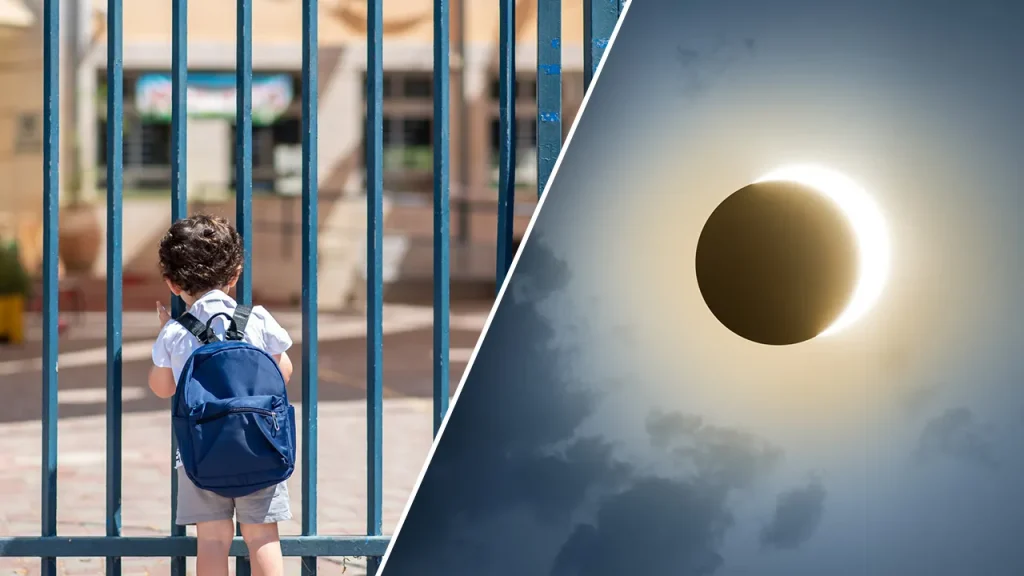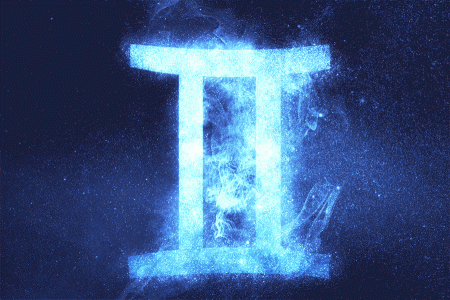Many schools across the U.S. are taking precautions for the upcoming solar eclipse on April 8, 2024. The eclipse’s path of totality will span 15 states, from Mexico to Canada, passing through Texas, Ohio, and Maine. Some school districts and universities located in the direct path of the eclipse have already decided to close for the day or alter their schedules due to safety concerns for students. Issues such as total darkness posing a safety hazard, potential eye damage from unsafe viewing, and distractions on the roads have all been considered when making these decisions.
Several school districts have announced closures or alternative schedules for April 8. In New York, Texas, Indiana, Ohio, Vermont, New Jersey, and Pennsylvania, various educational institutions are taking precautions to protect students and staff. Concerns have been raised about children being unsupervised during the eclipse and the potential for eye damage if proper eyewear is not used. The safety of commuters and bus drivers on the roads during the event has also been a significant factor in deciding to cancel school for the day in some areas.
In Texas, the Hays Consolidated Independent School District is closing for the entire day at the request of county and emergency management officials due to safety concerns related to traffic control and crowd management. The district is providing eclipse glasses to all students and staff members to ensure safe viewing of the event. In Pennsylvania, the Erie Public Schools will also close for the eclipse to mitigate travel and traffic challenges expected in the region on that day due to the event being in the path of totality.
Dr. Bill Blair, an astrophysicist, has emphasized the importance of not looking directly at the sun before totality during the eclipse to avoid eye damage. Institutions like the University of Vermont and Kent State University are adjusting their schedules to accommodate the eclipse, offering alternative instruction days with integrative learning experiences related to the event. Faculty will have the opportunity to select from a range of opportunities for teaching related to the eclipse, and academic programming will be provided to enhance the educational experience for students.
While some concerns have been raised about potential traffic and safety issues related to the eclipse, schools and universities are taking proactive measures to ensure the safety of students and staff during the event. By offering alternative schedules, providing educational resources, and emphasizing the importance of safe viewing practices, institutions are preparing for the rare celestial event on April 8, 2024. Throughout the affected regions, efforts are being made to mitigate any risks associated with the eclipse and provide enriching learning experiences for those observing the event.















